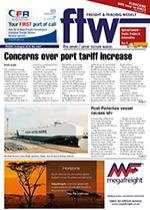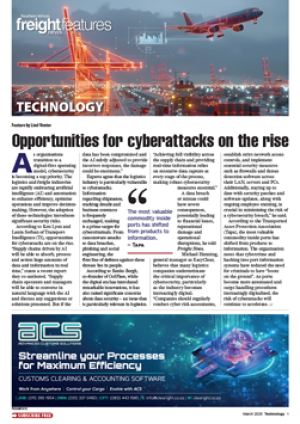Government and its affiliated agencies lack the wherewithal to protect the transport sector against technological progress, said Arthur Goldstuck, an innovation analyst who has his finger firmly on the pulse of the 4th industrial revolution.
Speaking to FTW about the possible implications that driverless technology could have on labour relations in the sector, Goldstuck said: “The reality is that automation has been eroding our manual labour for decades. “There’s a massive onus on industry and us but industry can’t do anything without government’s cooperation to up-skill the labour force. Manual labour in many categories is really a 20th century, if not a 19th century concept.”
Goldstuck, who was commenting on Google’s intention to rollout mass transportation on its premises through the use of driverless trams, trolleys and buses, added that “the 21st century is moving away from the previous century as automation, robotics, and the like start moving in”. In illustrating his point that “South Africa is completely unready” in the face of future challenges, especially how it most likely will impact on labour and industry, Goldstuck said: “The other area of automotive technology evolution is the move toward electric vehicles and that’s not even remotely on the government’s agenda.
“Yet in China, it’s been decided that no manufacturer will be allowed to make petrol vehicles in that country after 2040.” In other words, industry in China has been given a 22-year deadline by government to phase out petrol cars.
In this country, said Goldstuck, it’s the other way around – government waiting for industry to lead the way. “We have only two companies so far bringing in electric vehicles, namely Nissan and BMW. Audi is soon to follow and together the three of them have coordinated a campaign to get government to engage with industry on creating incentives for electric vehicles.” Touching on recent instances of driverless technology being tested in countries like Australia, Germany, the US (see story “The future of freight is driverless, p5”), where a beer truck drove itself as its driver looked on from his sleeping berth, Goldstuck reflected on the emotional angle of technological development.
He said such experiments are possible in the US and in Europe “because truck drivers aren’t transporting humans. They have less of an emotional issue to these trucks becoming autonomous”.
In South Africa the dynamic is completely different, with driverless technologically possibly upsetting the fragile politics of the transport sector and further inflaming labour issues that have led to truck-burning on main arteries such as the N3.
“Government needs to embrace the future but in certain areas it would mean alienating labour, and they don’t want that. It means that for the foreseeable future we remain part of the past.” Goldstuck’s sternest rebuke came when he said that government also “lack the political will to act progressively by up-skilling labourers whose jobs are threatened by technological advance”.
It confirmed what trends analyst Guy Lundy recently said at the Manufacturing Indaba in Sandton, that "government tends to have a knee-jerk reaction to the challenges of the future”. Goldstuck’s accusations that nothing is being done to up-skill truck drivers, were sent to the Transport Education and Training Authority for comment.
At the time of going to press, Teta CEO Maphefo Anno Frempong had not responded.
INSERT AND CAPTION
Government tends to have a knee-jerk reaction to the challenges of the future. – Guy Lundy

